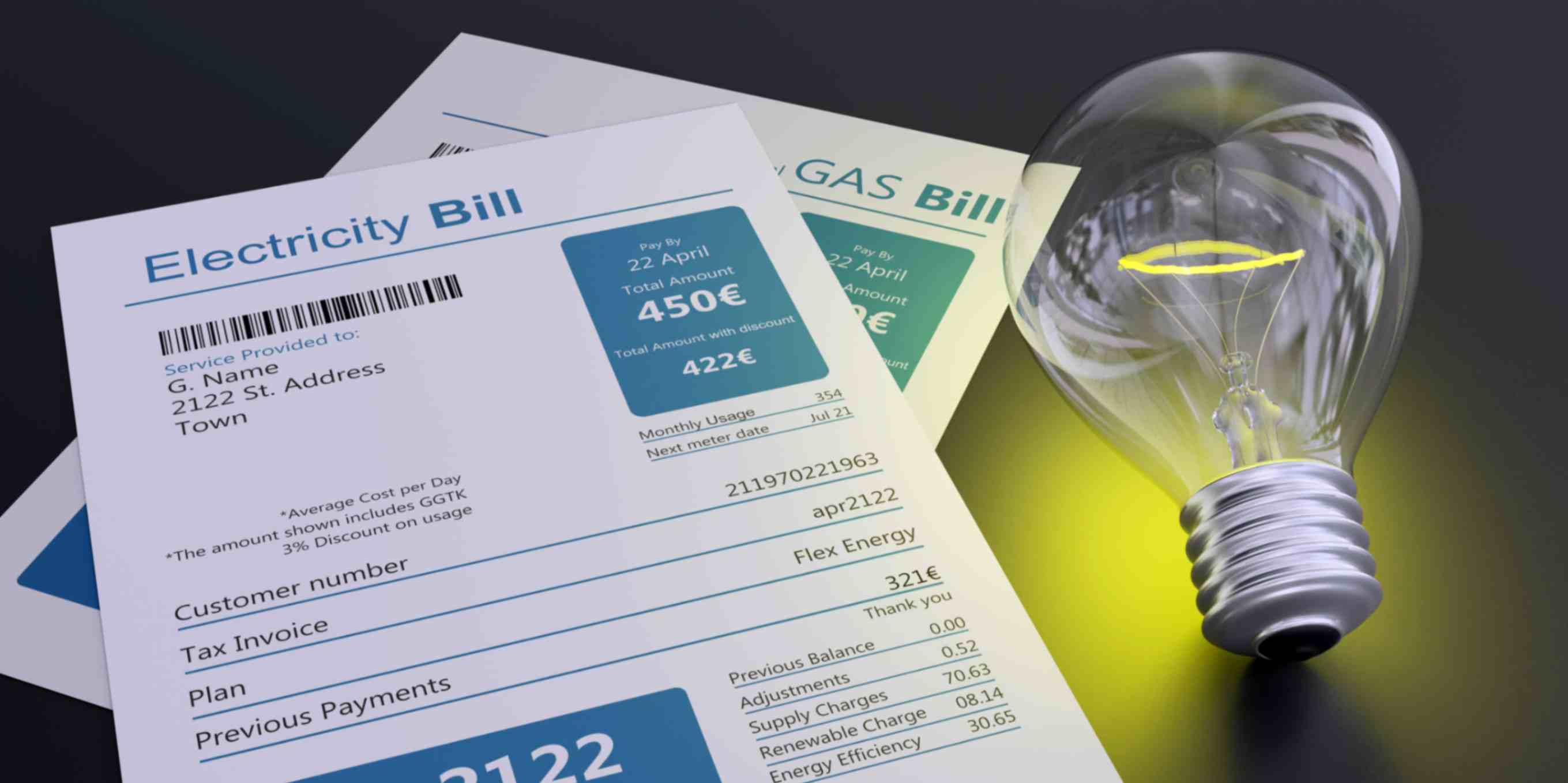Business Electricity Comparison


Compare Business Electricity Plans
As a business owner, managing your expenses effectively is essential for maintaining profitability. One of the biggest controllable costs you can reduce is your business electricity bill. However, navigating the market to find the best deal can be overwhelming. Thankfully, you can easily compare business electricity prices, suppliers, rates, and tariffs online.
By comparing your options, you can secure the most competitive rates, saving both time and money. Whether you're looking to compare business electricity suppliers online or compare business electricity rates, we’ll guide you through the process.
Why Compare Business Electricity?
Regularly comparing your electricity options is crucial for keeping your business’s energy costs down. Here's why:
-
Lower Costs: Switching suppliers can significantly reduce your electricity bills.
-
More Flexible Tariffs: Different suppliers offer varying tariffs, so it’s worth exploring which one best fits your business.
-
Sustainability: Many suppliers now offer green tariffs, which can reduce your carbon footprint and align with your business’s sustainability goals.
-
Better Customer Support: If you’re not happy with your current supplier’s service, switching could improve your overall experience.
Are you ready to compare your business electricity options? Let’s dive deeper!
How to Compare Business Electricity Prices Online
Comparing business electricity prices online has never been easier. Here’s a step-by-step process to help you get started:
1. Assess Your Business's Electricity Usage
Understanding your current consumption is essential before
comparing suppliers.
Check your most recent energy bills to know how much energy (in kWh) your business
uses monthly or annually.
2. Gather Multiple Quotes
To get the best deal, it’s crucial to compare quotes from
various suppliers. Use
online tools to compare business electricity suppliers and get
tailored quotes based on your location and usage.
3. Evaluate More Than Just Price
Although price is a significant factor, don't overlook the
following:
-
Contract Length: Some suppliers lock you in for extended periods; others offer flexible contracts.
-
Customer Support: High-quality service matters. Look at customer reviews and ratings.
-
Green Options: Many suppliers offer renewable energy tariffs that could benefit your business’s sustainability goals.
4. Choose the Best Supplier
Once you have a few quotes, compare the rates, contract
terms, and customer
service. Consider whether you want a fixed or
variable rate and choose the plan that best suits your needs.
Business Electricity Tariffs: Understanding Your Options
When comparing business electricity tariffs, you’ll find different options depending on your needs. Here’s a breakdown:
| Tariff Type | Best For | Pros | Cons |
|---|---|---|---|
| Fixed Rate | Businesses seeking price stability | Predictable bills for budgeting | Less flexibility if prices fall |
| Variable Rate | Businesses with fluctuating energy needs | Opportunity to save if prices drop | Potential price increases |
| Green Tariff | Eco-conscious businesses | Helps reduce carbon footprint | Often more expensive than standard |
| Time-of-Use Tariff | Businesses with variable consumption patterns | Savings during off-peak hours | Requires careful management |
How Much Can You Save?
Are you wondering just how much you could save by switching suppliers? Use our savings calculator to find out in just a few clicks.
(It’s free and only takes a couple of minutes.)
Compare Business Electricity Suppliers: Key Players in the Market
Now that you understand the different tariffs, it’s time to compare suppliers. Here are some of the key players offering competitive business electricity prices in the UK:
1. EDF Energy
Best for:
Businesses looking for long-term contracts
with fixed
rates.
Pros:
Excellent customer service, flexible contracts.
Cons:
Somewhat higher prices for green tariffs.
2. British Gas
Best for:
Businesses prioritizing reliability and
customer
support.
Pros:
Wide range of tariffs, including green
energy plans.
Cons:
Might not always offer the lowest prices.
3. E.ON
Best for:
Tech-savvy businesses looking for energy
usage
insights.
Pros:
Digital tools to track energy use,
competitive
pricing.
Cons:
Higher rates for small businesses with low
energy
consumption.
4. SSE
Best for:
Businesses that need flexibility and green
energy
options.
Pros:
Offers green energy tariffs, competitive
pricing.
Cons:
Some users report inconsistent billing
experiences.
5. Scottish Power
Best for:
Businesses looking for renewable energy and
competitive
rates.
Pros:
Offers green energy plans, great customer
support.
Cons:
Somewhat higher prices for non-green
tariffs.
6. Octopus Energy
Best for:
Businesses looking for renewable energy at
competitive
rates.
Pros:
Offers 100% renewable energy, transparent
billing, no exit
fees.
Cons:
May not be available in all areas.
Ways to Save on Energy Costs Beyond Switching Suppliers
While comparing business electricity prices is essential, there are other ways you can reduce your energy bills:
-
Invest in Energy-Efficient Appliances: Opt for LED lights, energy-efficient heating systems, and low-energy appliances.
-
Track Your Consumption: Use a business energy meter to monitor your energy usage and identify areas where you can cut back.
-
Regular Contract Reviews: Energy rates change frequently, so make it a point to review your contract and pricing every year to ensure you’re still getting the best deal.
Save Time, Money, and Stress — Compare Business Electricity Today!
Finding the right electricity deal for your business doesn’t have to be complicated. By using online tools to compare business electricity prices and compare business electricity suppliers online, you can find a deal that suits your budget and needs.
(It only takes a few minutes to find the best deals and switch.)
The best way is to use an online comparison tool that allows you to compare business electricity rates, suppliers, and tariffs based on your specific business needs.
It’s a good idea to compare prices at least once a year or when your contract is about to end. Energy markets fluctuate, and regular checks ensure you're not overpaying.
Yes, you can switch suppliers, but be aware of any early termination fees or penalties for breaking your current contract.
Consider your business's energy usage, whether you need price stability, and if green tariffs align with your sustainability goals.

